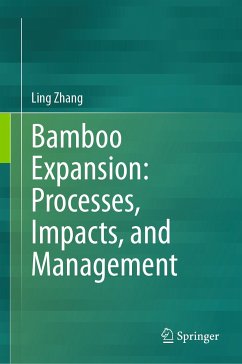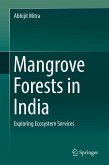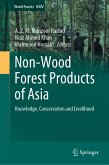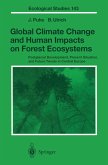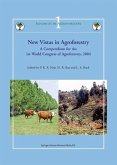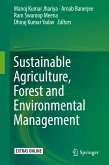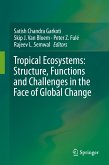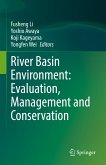This book highlights processes, impacts and management practices of bamboo expansion occurring in areas where it is distributed around the world. Although not conceptually plant invasions, bamboo expansion has been considered an "invasion" based on its characteristics and the impacts it caused on adjacent ecosystems it expanded into, including altered element cycling, transformed soil microbial community compositions, decreased biodiversity, fluctuated primary productions, etc. However, the processes and impacts during or after complete expansion and the underlying mechanisms of successful expansion, are still unclear. The ecological effects of bamboo expansion are not given full consideration and are not thoroughly understood.
Based on the latest studies, this book synthesizes research progress of bamboo expansion effects on the soil abiotic environment, soil microbial community compositions, plant characteristics, ecosystem biodiversity, element cycling process, and ecological effects of primary management practice, etc. This book will provide a thorough understanding of ecological changes following bamboo expansions, benefit the effective control of expanding bamboo with respect to decreased biodiversity and mitigation of global change, and accurate prediction and evaluation of bamboo expansion impacts currently and in the future occur around the world.
Based on the latest studies, this book synthesizes research progress of bamboo expansion effects on the soil abiotic environment, soil microbial community compositions, plant characteristics, ecosystem biodiversity, element cycling process, and ecological effects of primary management practice, etc. This book will provide a thorough understanding of ecological changes following bamboo expansions, benefit the effective control of expanding bamboo with respect to decreased biodiversity and mitigation of global change, and accurate prediction and evaluation of bamboo expansion impacts currently and in the future occur around the world.
This book presents critical points that need further investigation based on the latest findings, which will be helpful for ecological researchers, policymakers, forestry workers, or graduate and PhD students.
Dieser Download kann aus rechtlichen Gründen nur mit Rechnungsadresse in A, B, BG, CY, CZ, D, DK, EW, E, FIN, F, GR, HR, H, IRL, I, LT, L, LR, M, NL, PL, P, R, S, SLO, SK ausgeliefert werden.

